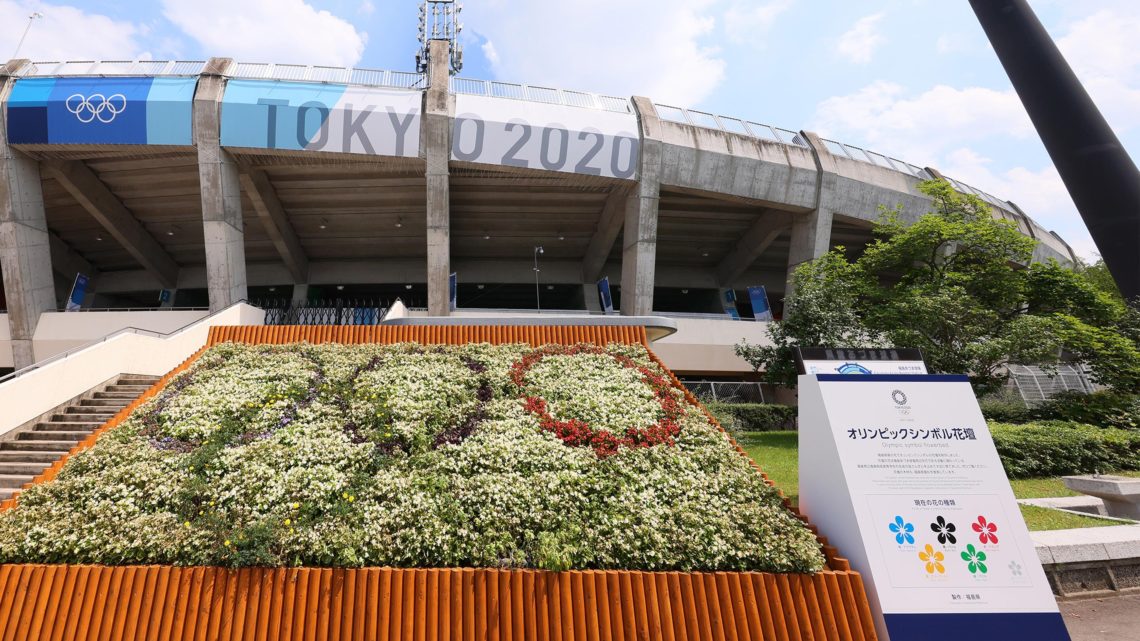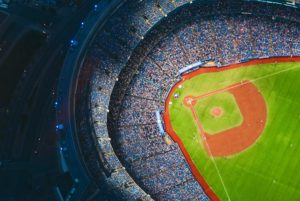
When the Tokyo 2020 Olympic Torch Relay began in March 2021, it carried a special meaning for Japan and its people.
The flame’s journey began in the J-Village national football training facility in Naraha, Fukushima, one of several areas badly hit by the 2011 Great East Japan Earthquake. Its concept of “Hope Lights our Way” reflected the Olympic flame’s symbolism of hope and peace, and Tokyo 2020’s desire to contribute to the recovery and reconstruction of these areas of Japan. The torch itself was produced in part using aluminium from temporary housing units provided to those affected by the disaster.
But with its concept of the “Recovery and Reconstruction Games”, Tokyo 2020’s contribution to the recovery of the affected areas goes much further.
“The power of sport became the central concept of our bid activities, and we realised the potential hosting the Games would have in contributing to the recovery of the disaster-affected areas,” said Tokyo 2020 President Hashimoto Seiko on the 10-year anniversary of the earthquake. “Since the Games bid, we have been consistently engaging in support activities to help energise and give hope to the people who are still making great efforts in the reconstruction of the Tohoku region.”
As part of these efforts, a 1,000km road relay was organised in the summer of 2019, connecting Tokyo and cities in the Tohoku region that were hit by the 2011 earthquake and tsunami. Runners and cyclists passed on commemorative sashes as the relay made its way from Aomori to Tokyo’s Komazawa Olympic Park – host of the football and wrestling events at the 1964 Games.
Athletes were sent to the disaster-hit areas, and sports programmes were organised to tailor to the needs of each affected prefecture. Children from Tohoku and Tokyo were invited to Tokyo to participate in sports exchange programmes and events, and high school students were invited to join the 2019 Tokyo Marathon.
Beyond sport, Tokyo 2020 organisers have used art and culture as a means to contribute to the recovery efforts. A total of 120 projects were implemented as part of the Art Support Tohoku-Tokyo project, which supported the restoration of the diverse cultural environment in the disaster-stricken areas.
Shortly before the Games, Tokyo 2020 unveiled three Recovery Monuments, placed outside the Olympic Stadium. The project was carried out with the cooperation and advice of the International Olympic Committee (IOC), and the monuments were created by students at the Tokyo University of the Arts. They carry messages from students from the three regions most affected by the earthquake – Iwate, Miyagi and Fukushima – expressing their gratitude for the assistance their prefectures received in the aftermath of the disaster, as well as support to the athletes competing at Tokyo 2020. The monuments will be moved to the three prefectures by the end of the year.
“I am very happy to be involved in the Tokyo 2020 Olympics and Paralympics through the creation of the monuments,” said Aiko Sanjo, a third-year student at Asakareimei High School in Fukushima Prefecture, who left the message “Let’s draw further”.
“I crafted this message in the hope that people all over the world can fulfil their dreams. I sincerely hope that the athletes will realise their dreams, and that the people in the disaster-affected areas will move forward with hope for reconstruction.”
Like the Olympic torch, the three monuments, each two metres high, have been created using recycled aluminium, taken from temporary housing units which assisted those affected by the 2011 earthquake and tsunami.
Athletes competing at Tokyo 2020 have also been invited to contribute. Their handwritten autographs will be cast on plates, which will then be mounted on the monuments as a lasting memory of the Games. The initial plate will carry an autograph from IOC President Thomas Bach, expressing a message of gratitude and inspiration from the world to the three disaster-affected regions.




